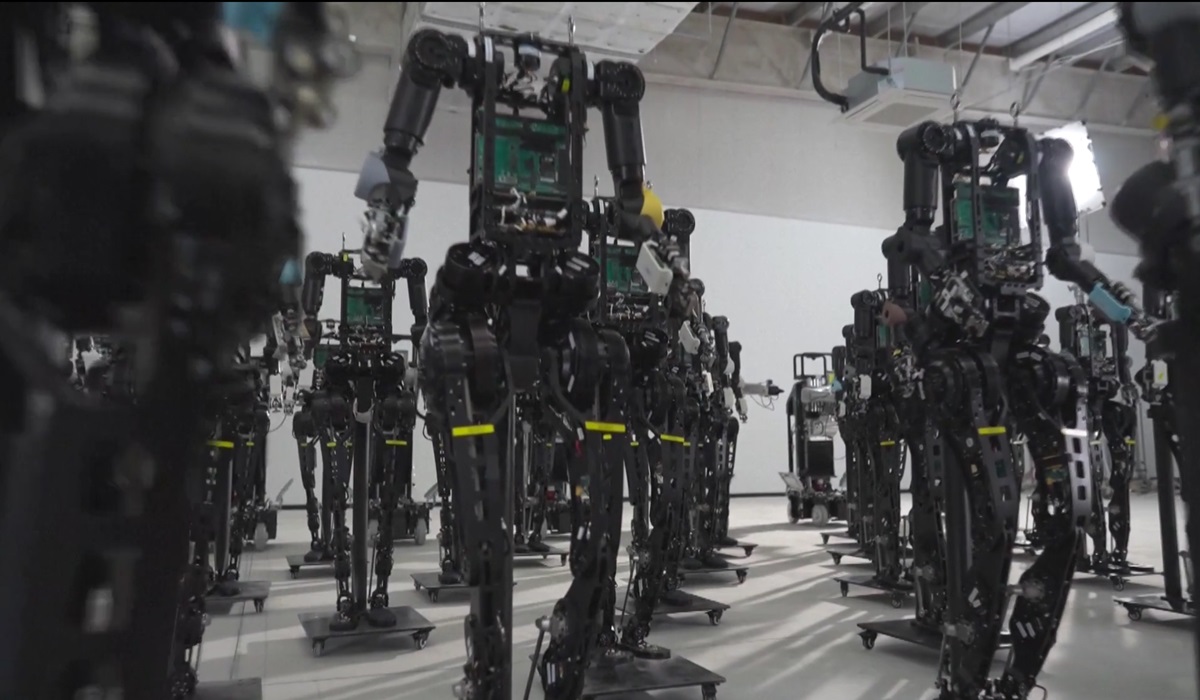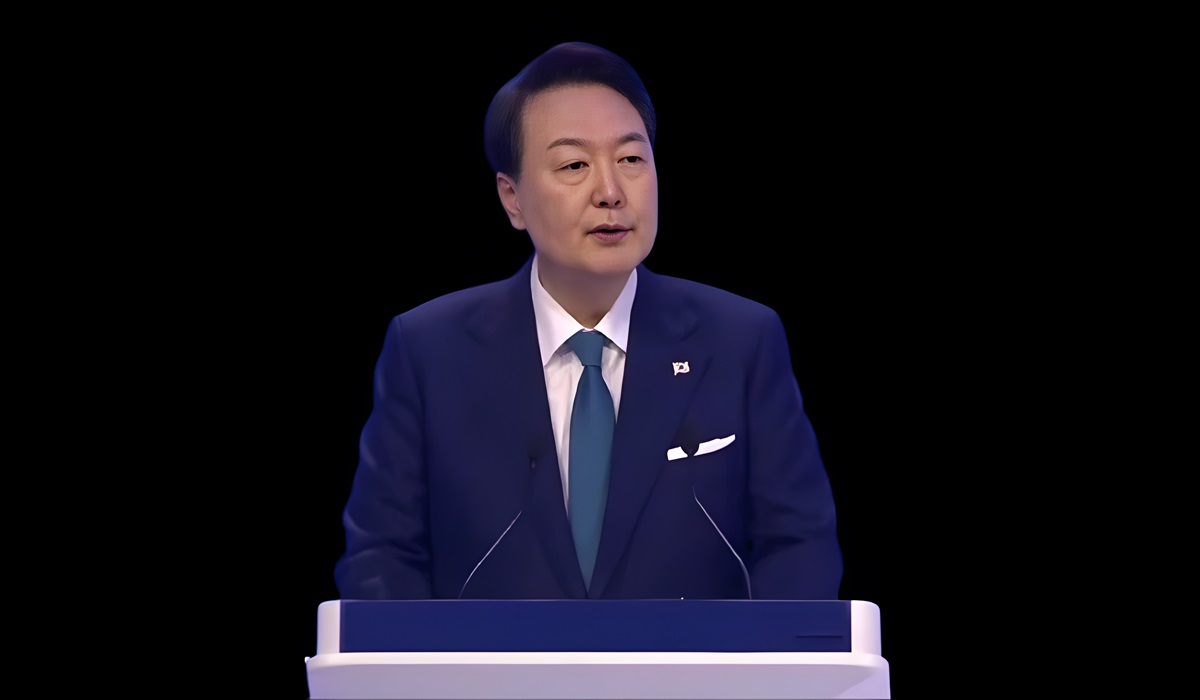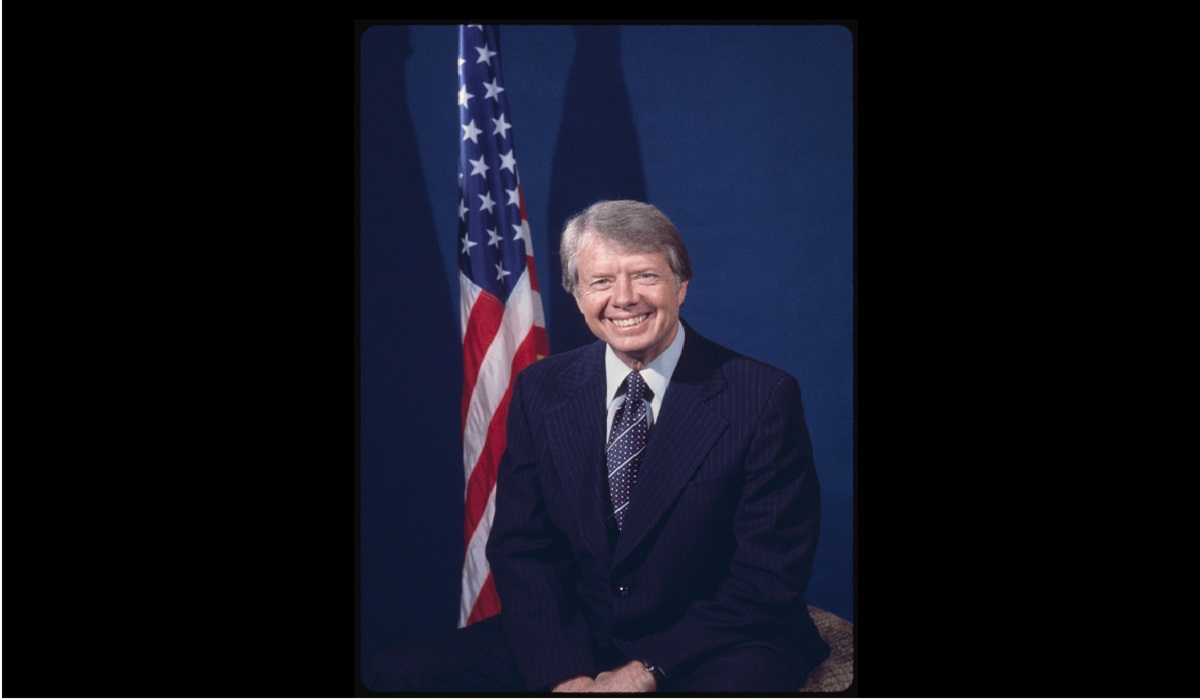Lie To Me: What is an Acceptable Boundary of Government Deception?
- TDS News
- Breaking News
- September 10, 2023
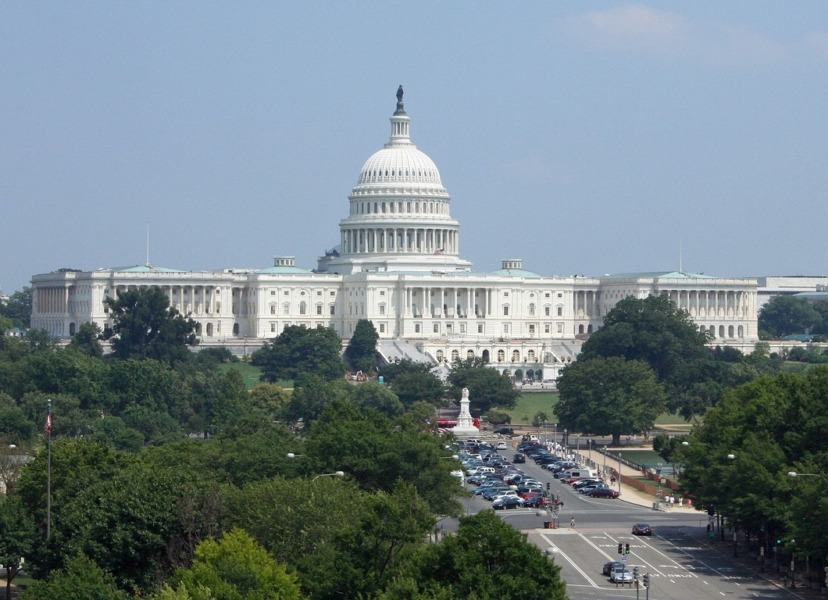
The relationship between citizens and their government is based on trust within governance. This trust is often tested by the information citizens receive from their elected officials, prompting a philosophical inquiry into what constitutes an acceptable amount of lies, untruths, or disinformation that citizens should tolerate from their government and when they should draw the line.
It is an unfortunate reality that politics and deceit have often gone hand in hand. Elected officials, as stewards of their nations, frequently find themselves entangled in the web of half-truths and outright lies. But should this be an inherent part of holding public office? To some, accepting these deceptions is seen as a pragmatic necessity, while to others, it is an affront to the very essence of democracy.
The proliferation of falsehoods in politics contributes to the narrative that all politicians are liars, a sentiment that does a disservice to those who genuinely strive for honesty and transparency. Painting every politician with the same brush obscures the nuances within the political landscape, where some officials prioritize truthfulness.
So, where should the line be drawn? Citizens have a right to demand truthfulness from their government, as trust forms the bedrock of any functional democracy. It is not unreasonable to expect that elected officials, who bear the weighty responsibility of representing the will of the people, should adhere to a higher standard of honesty.
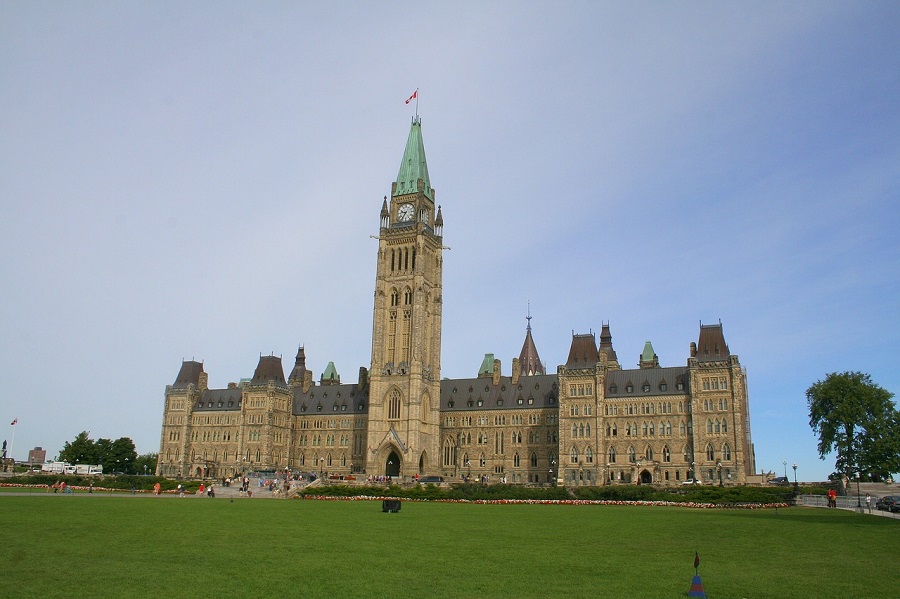
However, this expectation is not absolute. In national security, for instance, governments may be compelled to withhold certain information or disseminate disinformation to protect the state’s interests. The ideological debate revolves around the delicate balance between the citizen’s right to know and the state’s obligation to safeguard its secrets.
The acceptance of deception also raises profound questions about society itself. What does it signify when a society becomes complacent with government lies, especially if those in power contribute to its citizens’ financial prosperity? It might suggest a willingness to prioritize material gain over ethical governance. Such a stance implies a moral compromise that deserves introspection.
Furthermore, it calls into question the moral responsibility of citizens. Should they not hold their government to a higher standard, particularly when falsehoods erode the foundation of trust upon which their democracy rests? Is complacency in the face of government deceit an implicit endorsement of such behavior?
The acceptable boundaries of lies, untruths, or disinformation from a government are a matter of philosophical contemplation. While some allowances for deception may exist in exceptional circumstances, the citizenry’s right to truth and transparency should not be lightly discarded. When citizens become complicit in government deceit, they risk compromising the very essence of democracy and the moral fabric of their society. It is incumbent upon citizens and their elected officials to uphold the principles of honesty and accountability, recognizing that the line between acceptable and unacceptable deception is delicate and merits constant vigilance.

